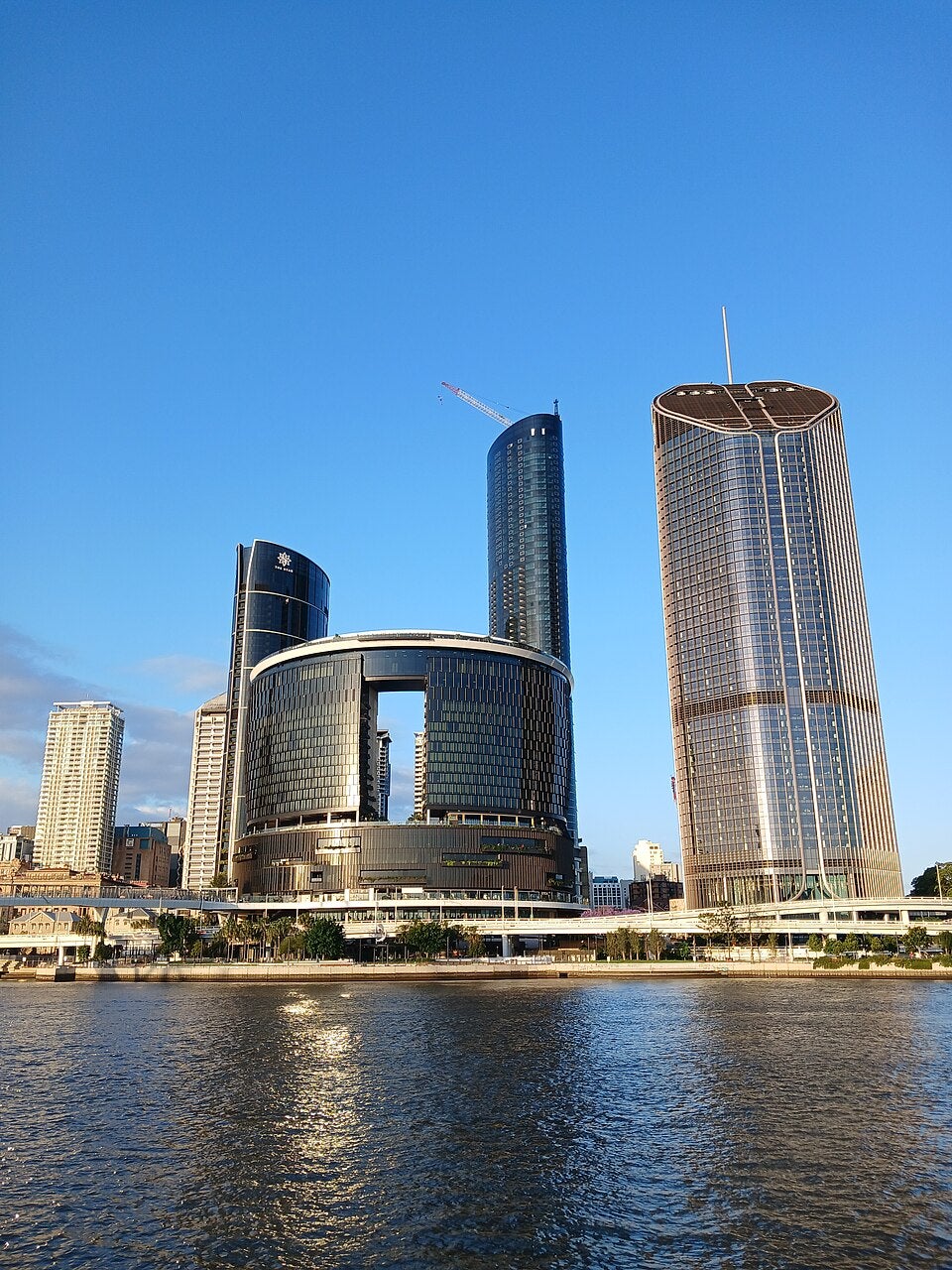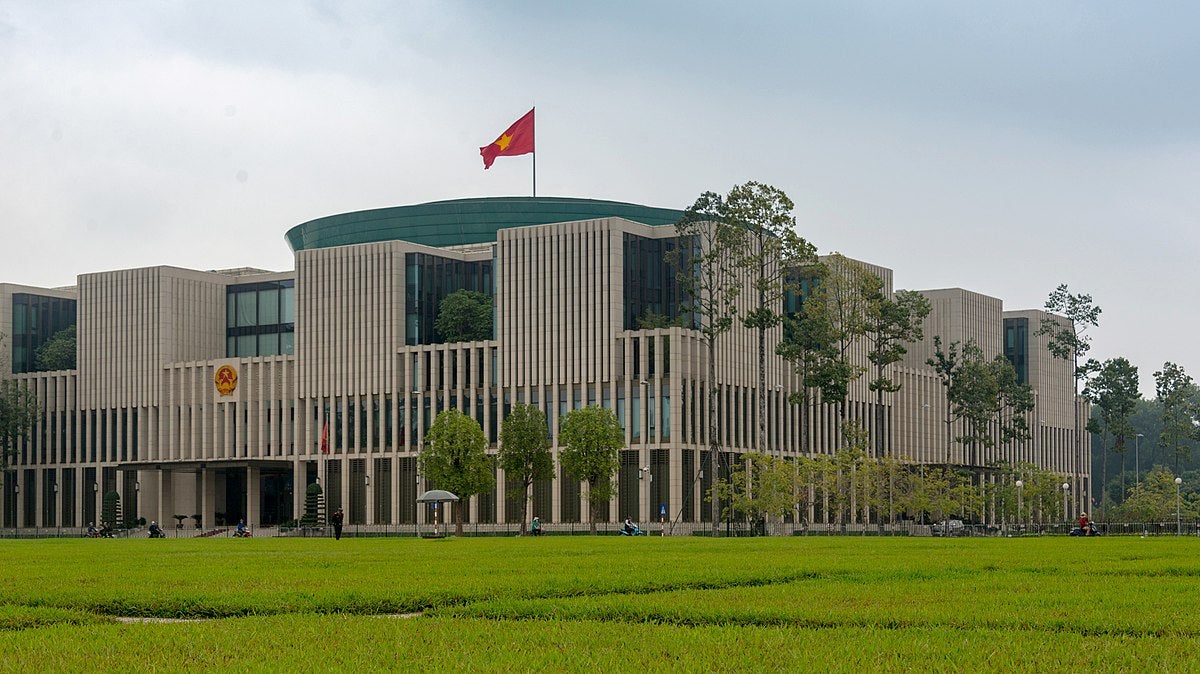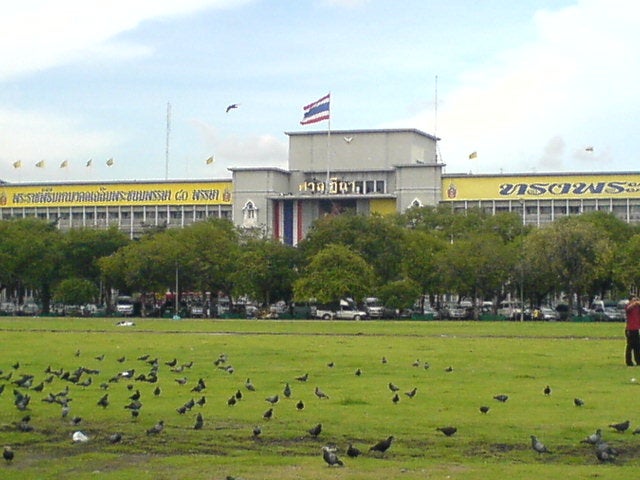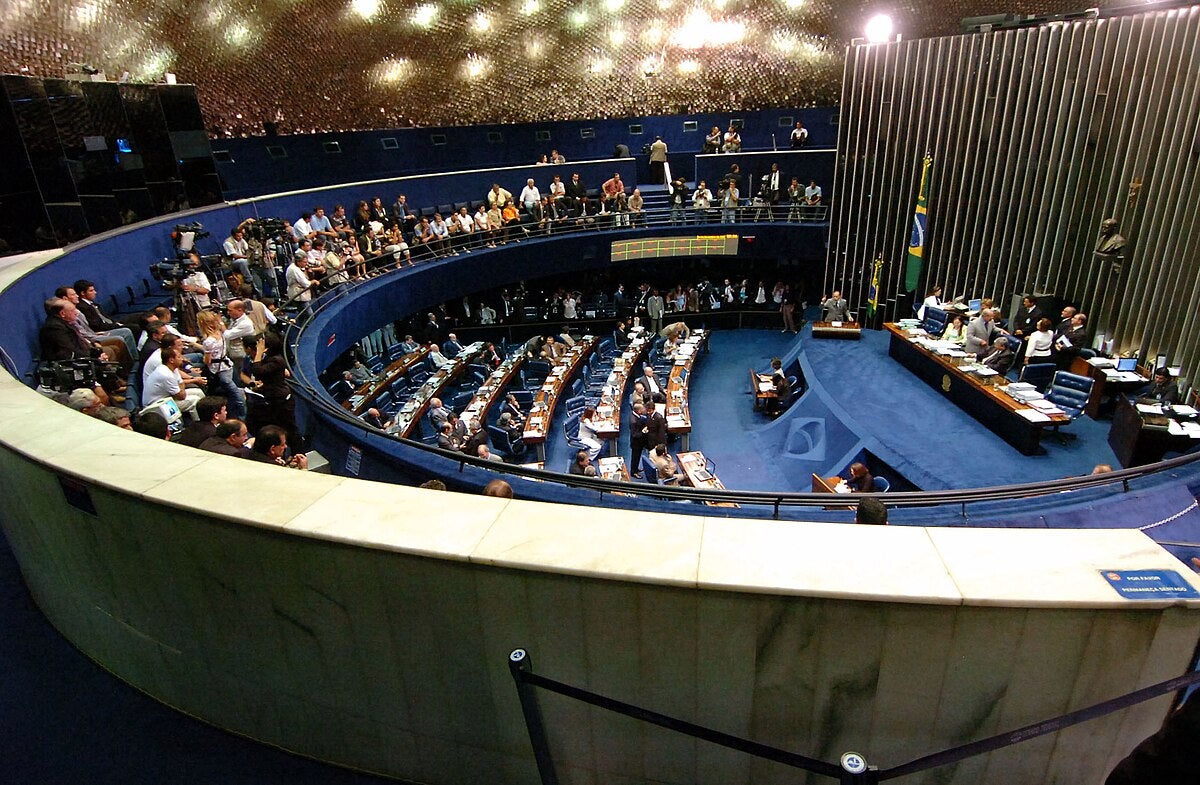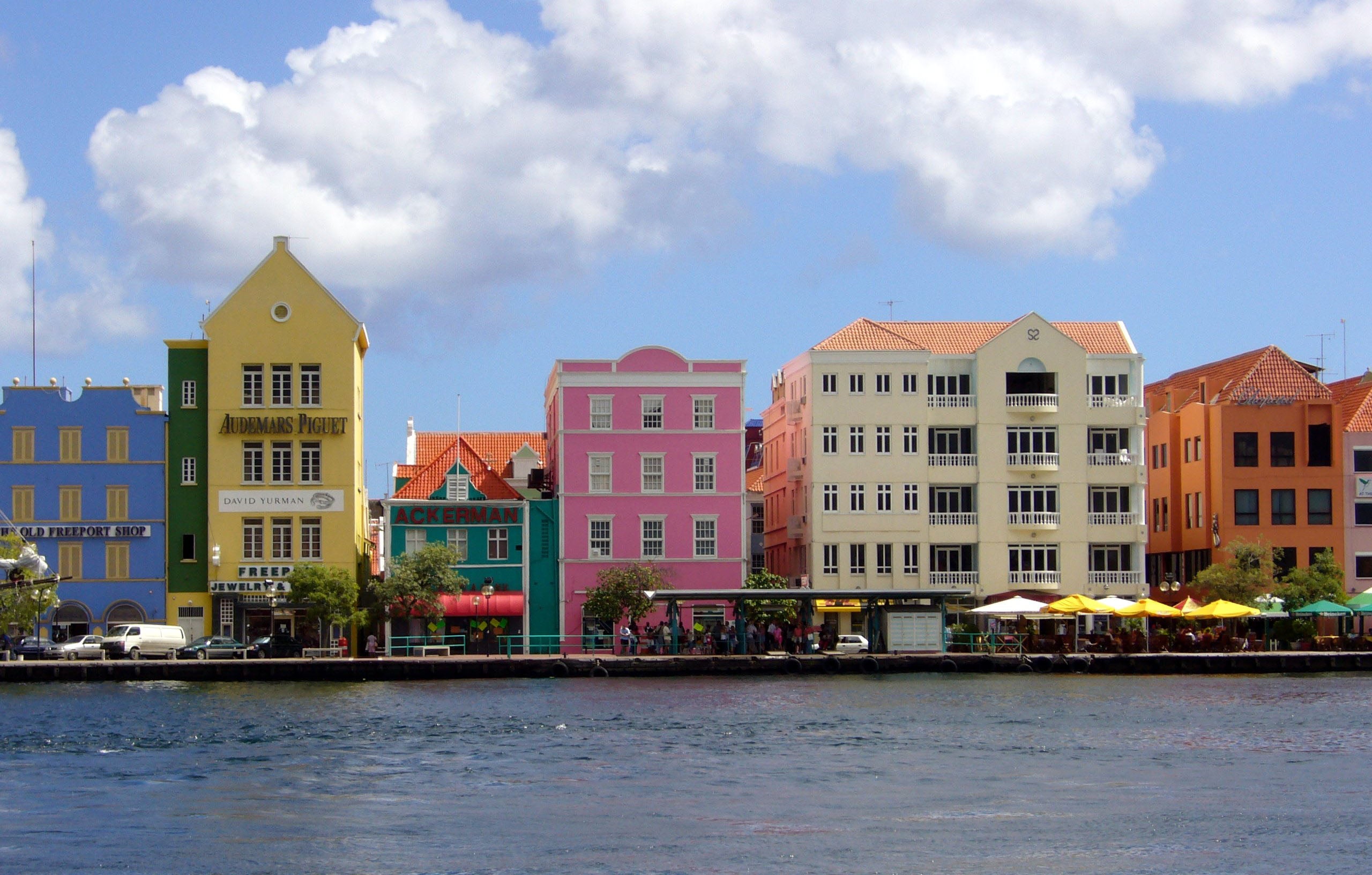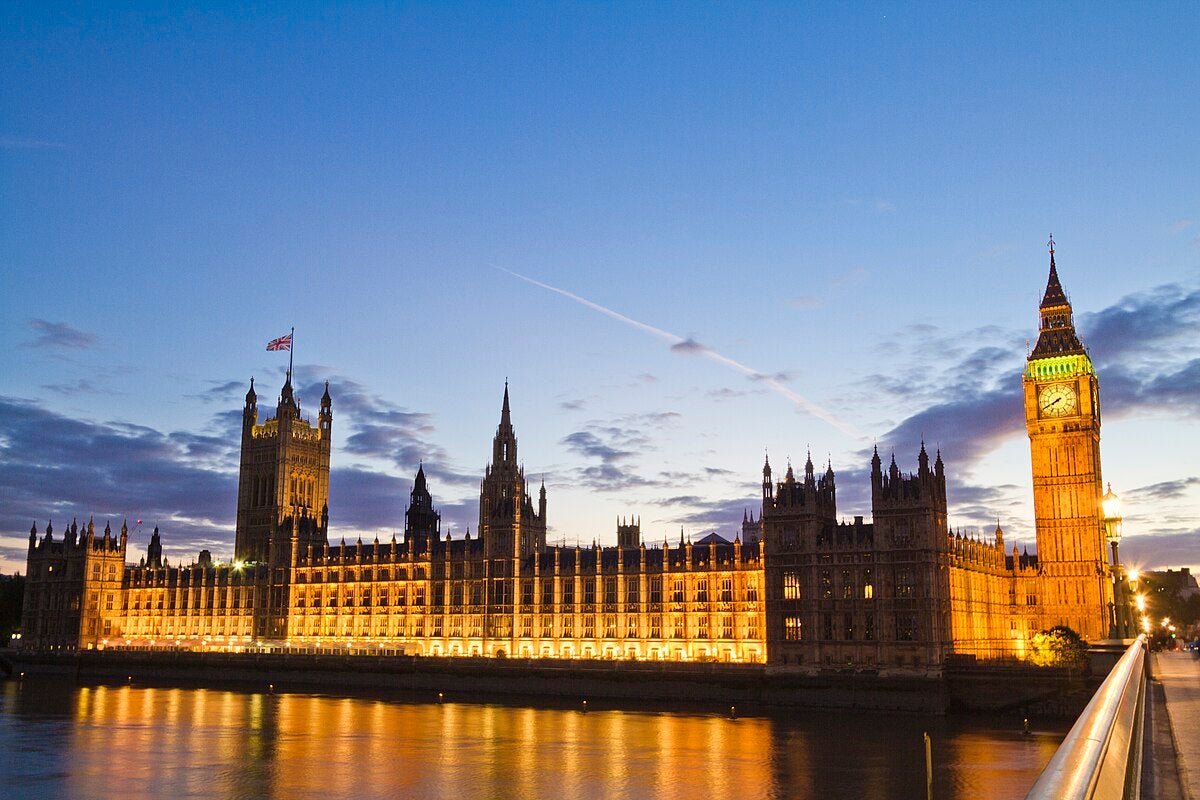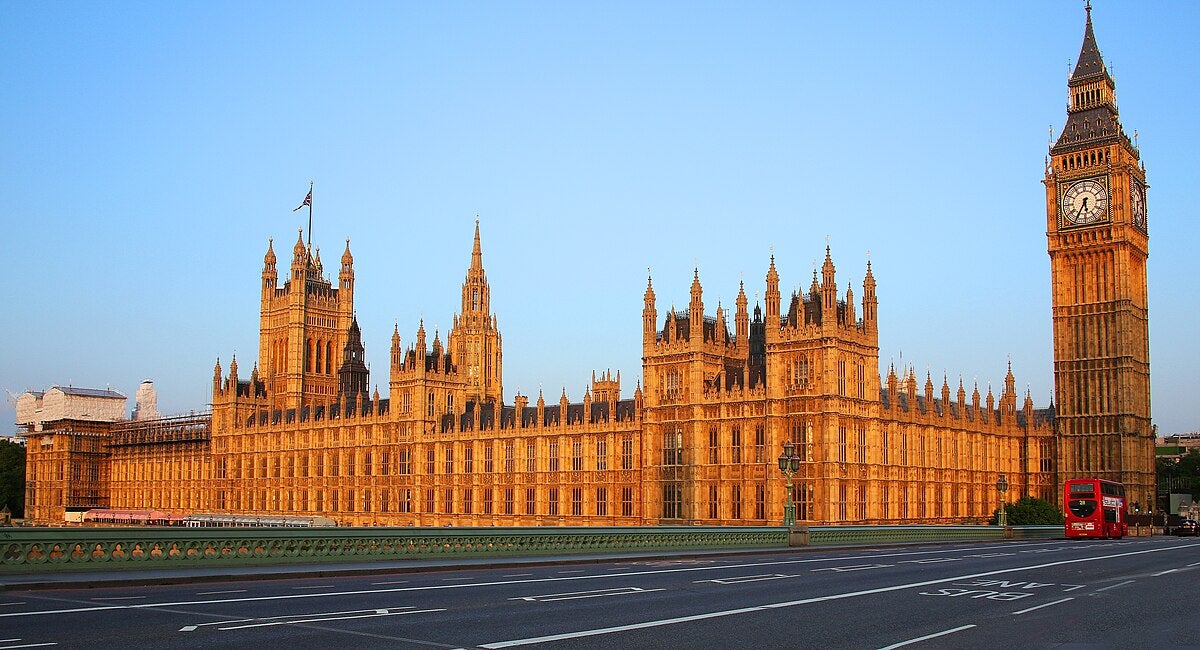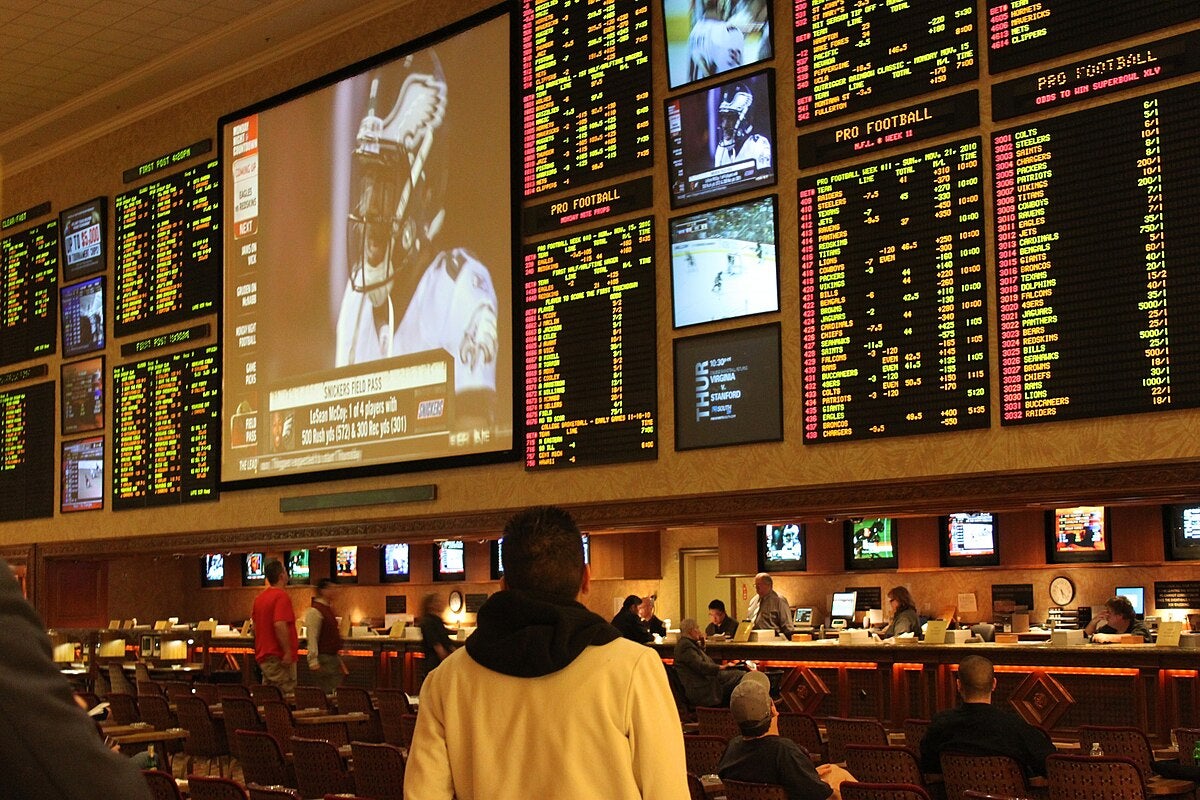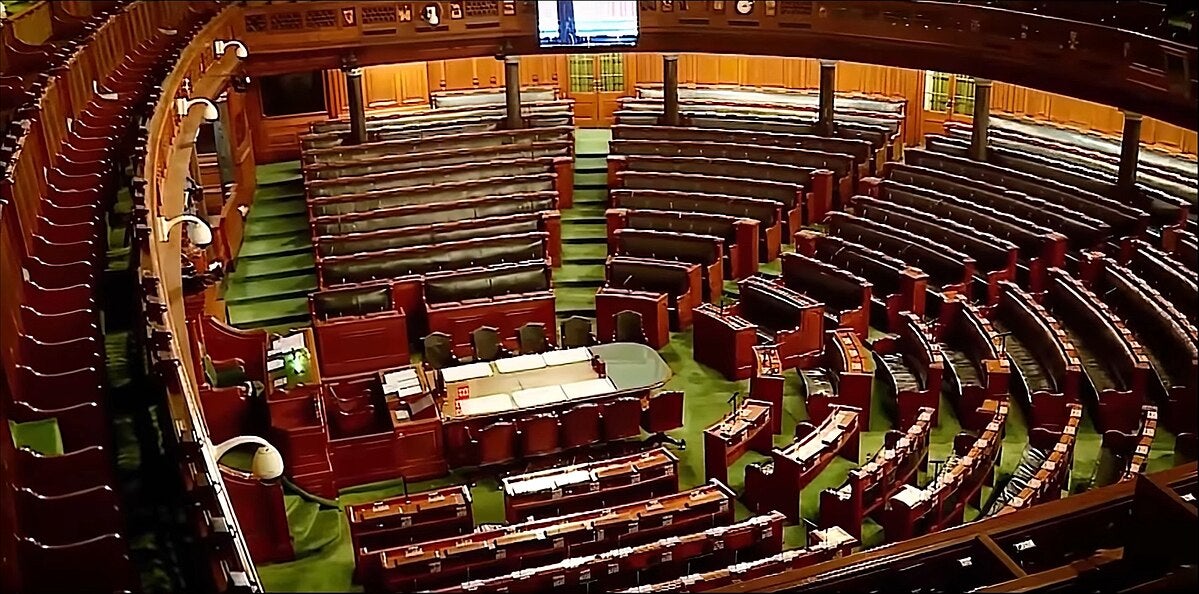Strict Enforcement Measures
The Dutch gambling sponsorship ban universally prohibits all sports-related promotional agreements, including partnerships with athletes, teams, leagues, competitions, club apparel, and advertising material like banners and branded accessories. These measures are part of the broader reforms launched two years ago. No new gambling-linked sponsorships have been permitted since the initial phase. Existing deals will face legal repercussions if maintained beyond the transitional window.
The KSA has issued formal reminders to licensed online gambling operators to confirm compliance and terminate any active agreements. The regulator aims to clarify final implementation details while emphasizing zero tolerance for attempts to elude restrictions.
Creative Workarounds Highlighted
KSA Chair Michel Groothuizen reinforced the ban’s intent in a press statement: “This law was drawn up to protect young adults and other vulnerable groups. You do that by preventing them from being exposed to gambling advertising, regardless of who the advertising comes from. We at KSA will be very vigilant about that.”
The regulator cited international cases where gambling firms circumvented restrictions through indirect branding, such as Belgian football clubs Club Brugge KV and RSC Anderlecht using foundation logos linked to betting operators. It also noted Italy’s struggles to seal loopholes allowing sponsorships through news portals or affiliate entities.
In February 2025, Belgium’s Kansspelcomissie issued direct warnings to the two clubs for the breaches. “Creative substitutions won’t shield violators,” Groothuizen asserted, noting that KSA will block similar tactics in the Netherlands.
Part of Larger Market Shifts
The regulatory overhaul of the Dutch gambling market that kicked off in 2021 has intensified with recent player protections, including untargeted ad bans and player deposit limits. Operator taxes have also been hiked to 34.2% of gross gaming revenue (GGR) and will increase to 37.8% in 2026. These measures prompted the exit of Flutter (Tombola) and LiveScore Bet. State-owned Holland Casino also warned of mounting financial pressures from rising levies. Authorities maintain the reforms will balance market growth and public health safeguards.


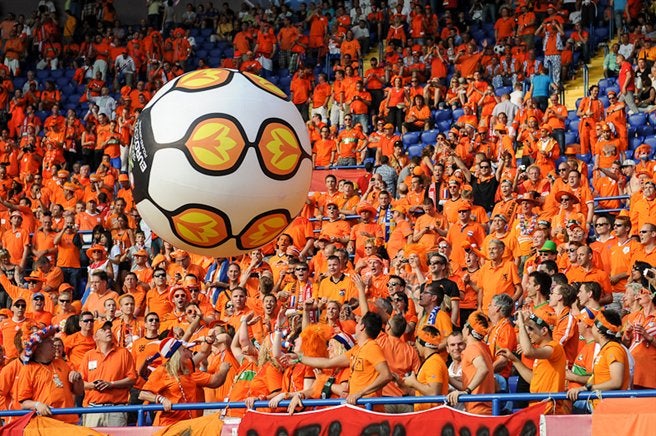

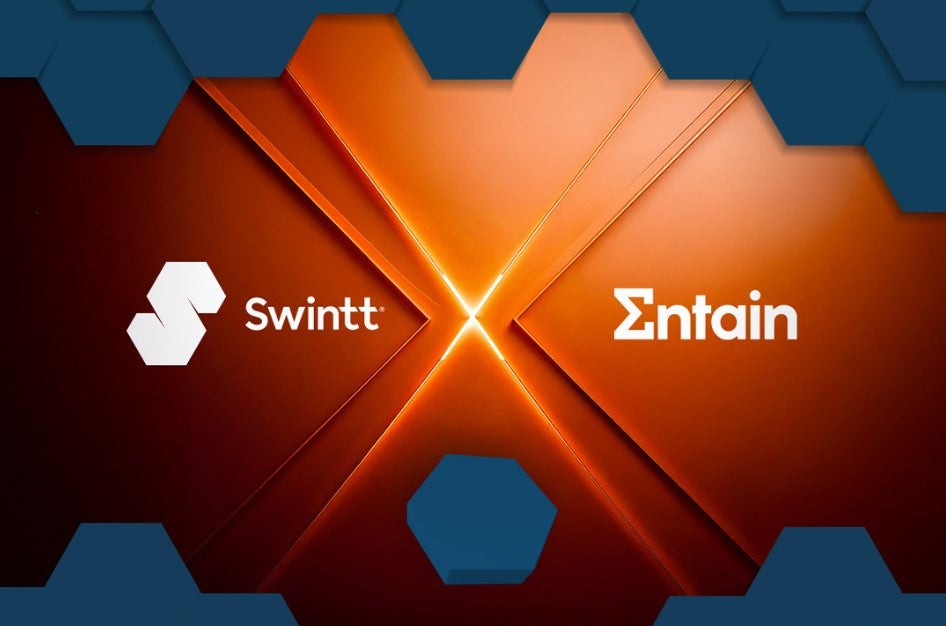






.jpg)


